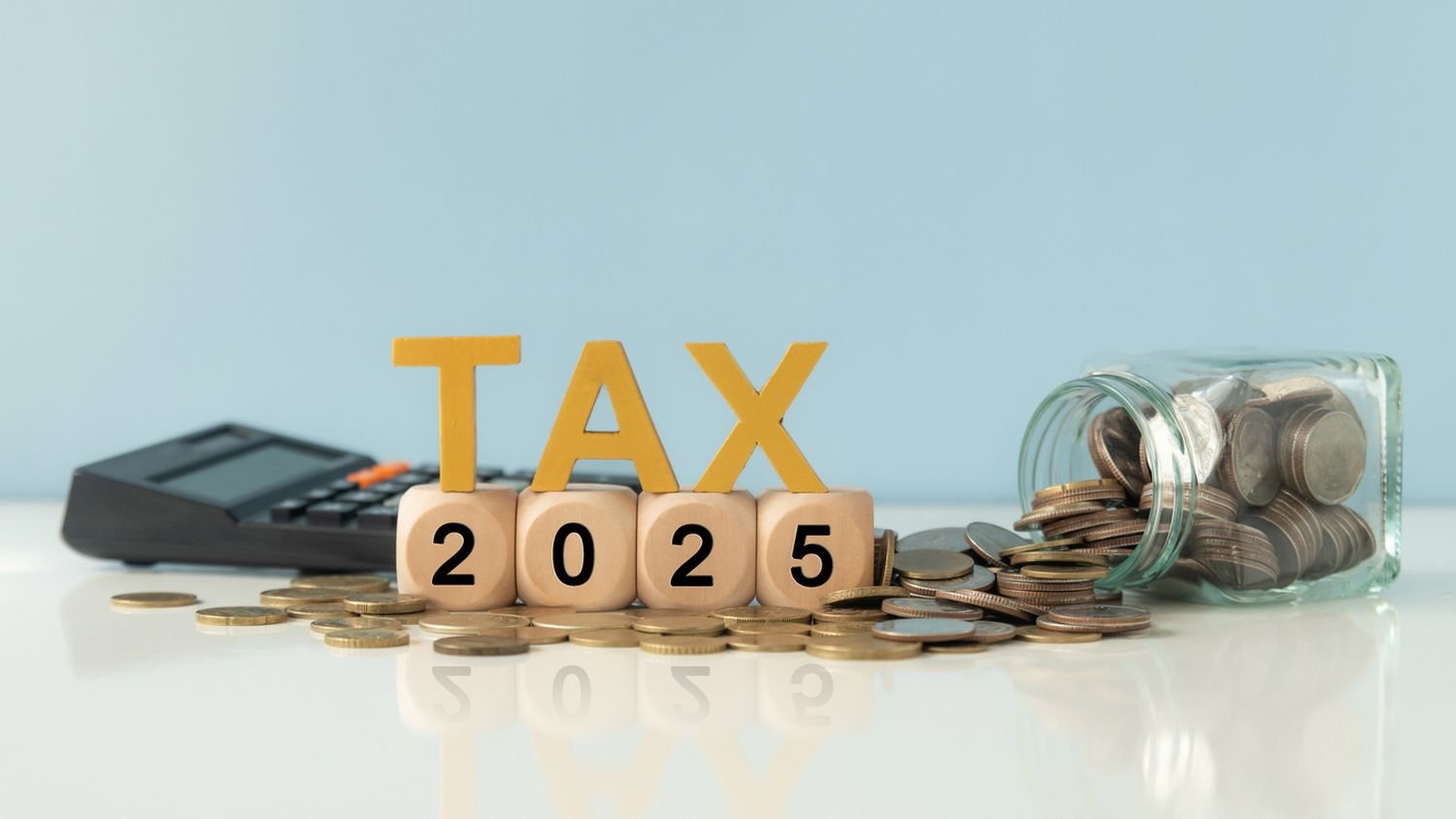The tax season begins on 7 July and runs until 20 October.
With tax season fast approaching, it is essential for taxpayers, especially sole proprietors, to navigate the season with ease.
Running your own business as a sole proprietor in South Africa is one of the quickest and simplest ways to become your own boss.
No complex registrations, no corporate red tape – just you, your business and full control over decision-making and profits.
Unlike registered companies, sole proprietors are personally liable for all tax obligations. That means your business income is taxed as part of your personal income, and you will need to submit the right forms, keep clear financial records and fully understand which expenses you can, and cannot, deduct to reduce your tax burden.
“A well-managed financial system is critical for the growth and success of any small business,” said Wandile Mnguni, Head of Transactional Banking Products and Payments at FNB Commercial.
ALSO READ: Almost time again for tax season: Here’s when you will be auto-assessed
Here are tips to navigate taxes with ease:
1. Register for tax and submit the right forms
Mnguni said every sole proprietor must be registered with the South African Revenue Services (Sars) for income tax, and also needs to register as a provisional taxpayer.
This means you must submit two IRP6 returns during the tax year (to estimate and pay tax in advance). At the end of the tax year, you will submit an ITR12 (your annual income tax return) to declare all earnings and expenses in your personal and business capacities.
Where your business has made taxable (VATable) supplies exceeding R1 million in any consecutive 12-month period or where you reasonably expect to exceed this threshold in the next 12 months, VAT registration is mandatory.
If your taxable (VATable) supplies are above R50,000, you can choose to voluntarily register for VAT.
“Being registered for VAT allows you to claim VAT on business expenses. Just remember this adds a significant administrative burden to your operations because you need to work out your VAT every month or two months, depending on the VAT category.”
2. Understand what you can and cannot deduct
Mnguni advises that to minimise your tax liability, you should take advantage of allowable business deductions.
While it is important to know the finer details of what can and cannot be deducted, generally, as a sole proprietor, you can deduct the following, provided you have adequate supporting documentation:
- Business-related rent, office supplies, advertising and salaries
- Travel and vehicle costs (but only for business-related travel, with a proper logbook)
- Home office expenses if you use a dedicated space for business
- Internet and phone bills, but only the portion used for business
ALSO READ: Looming tax deadline and glitches cause frustration
3. If you have employees, you must deduct their tax
“As a sole proprietor registered with Sars, you can take on employees as your business grows. If you hire employees, your monthly tax obligations increase.
“You will need to register for Pay-As-You-Earn (PAYE) and deduct tax from salaries every month to pay over to SARS via an EMP201 return. You will also have to contribute to the Unemployment Insurance Fund (UIF) on behalf of each employee and register for the Skills Development Levy (SDL) if your payroll exceeds R500 000 per year.”
Failing to comply with these obligations can result in severe penalties from SARS; therefore, ensure you are compliant from the outset.
4. Be smart to reduce your tax bill legally
He added that, in addition to the amounts you can deduct from your taxable income for ongoing operational expenses, there are also other allowable ways to reduce taxable income and pay less tax:
- Contribute to a retirement annuity. This allows you to deduct up to 27.5% of your total taxable income, reducing your annual liability.
- Donate to qualifying public benefit organisations. Sars allows deductions for donations to registered public benefit organisations (with a Section 18A certificate).
5. Keep good records
“Sars requires businesses to keep records of all income and expenses for at least five years. Store invoices, receipts and tax documents securely to ensure compliance and simplify audits.
“Proper record-keeping also helps when claiming deductions or defending yourself in the event of a SARS audit.”
6. Consult a professional
He recommends seeking professional tax advice from a registered tax practitioner to optimise deductions and ensure full compliance with Sars regulations.
“Having an expert in your corner ensures your business remains tax-efficient while avoiding unnecessary penalties.”
NOW READ: Here is how much Sars boss and others in the government earn
